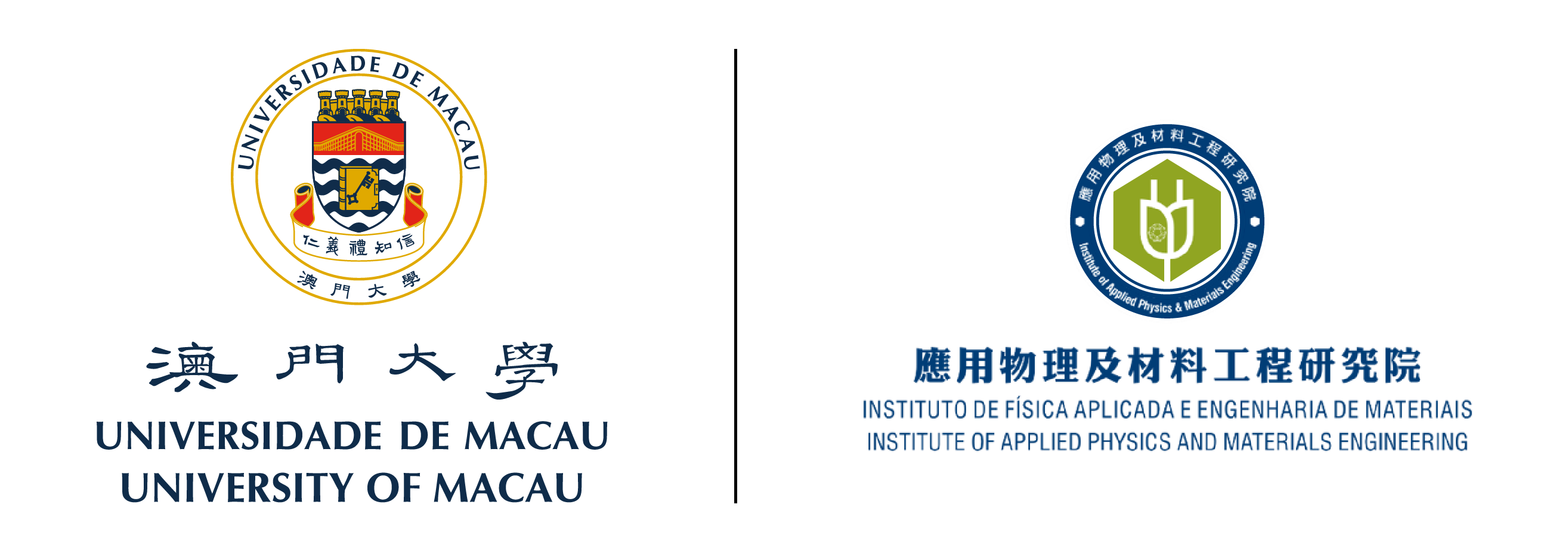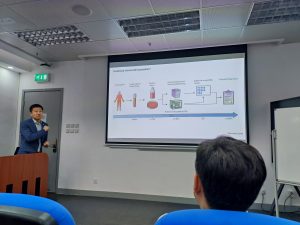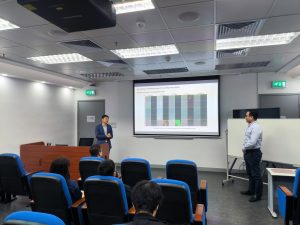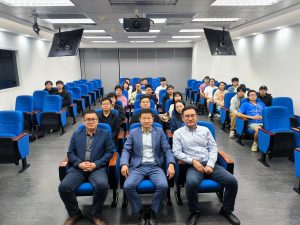Invited by Prof. Songnan Qu, IAPME hosted a distinguished lecture titled “Rapid Antibiotic Susceptibility Screening by Super-Resolution Microscopy”, by Prof. Dayong Jin (金大勇) on November 11, 2025. Prof. Jin is currently Fellow of Australian Academy of Technology and Engineering, a distinguished professor at UTS , and a Clarivate Top 0.1% Highly Cited Researcher, with expertise covering biomedical engineering, nanotechnology, microscopy, microfluidics, and analytical chemistry, to enable rapid detection of cells and molecules. In 2024, he established Zhejiang Provincial Engineering Research Center for Organelles Diagnostics and Therapy at Eastern Institute of Technology, Ningbo. He is the recipient of the 2017 Australian Academy of Science Engineering Science Award, and the 2017 Australian Prime Minister’s Prize for Science. He published 300+ papers, including 40+ in Nature and its sister journals.
Antimicrobial resistance (AMR) is a major challenge facing global healthcare, and rapidly determining bacterial susceptibility to antibiotics is crucial for saving lives. However, traditional clinical testing typically takes more than 72 hours, leading to treatment delays. In his lecture, Prof. Jin introduced his team’s Hydrophobic Agent Permeability Assay (HAPA) platform. This new technology can complete testing within 2-4 hours, significantly improving diagnostic speed. Clinical validation showed that the HAPA platform achieved a 97% concordance rate with FDA-approved standard methods in 75 clinical samples, with an error rate of only 1.51%, far below the FDA’s required 3%. This platform is not only low-cost, scalable, and automated, but also has the potential for deployment in primary healthcare settings and is expected to become an important tool for future infection management, helping the world combat drug-resistant bacteria and transforming clinical treatment models.




